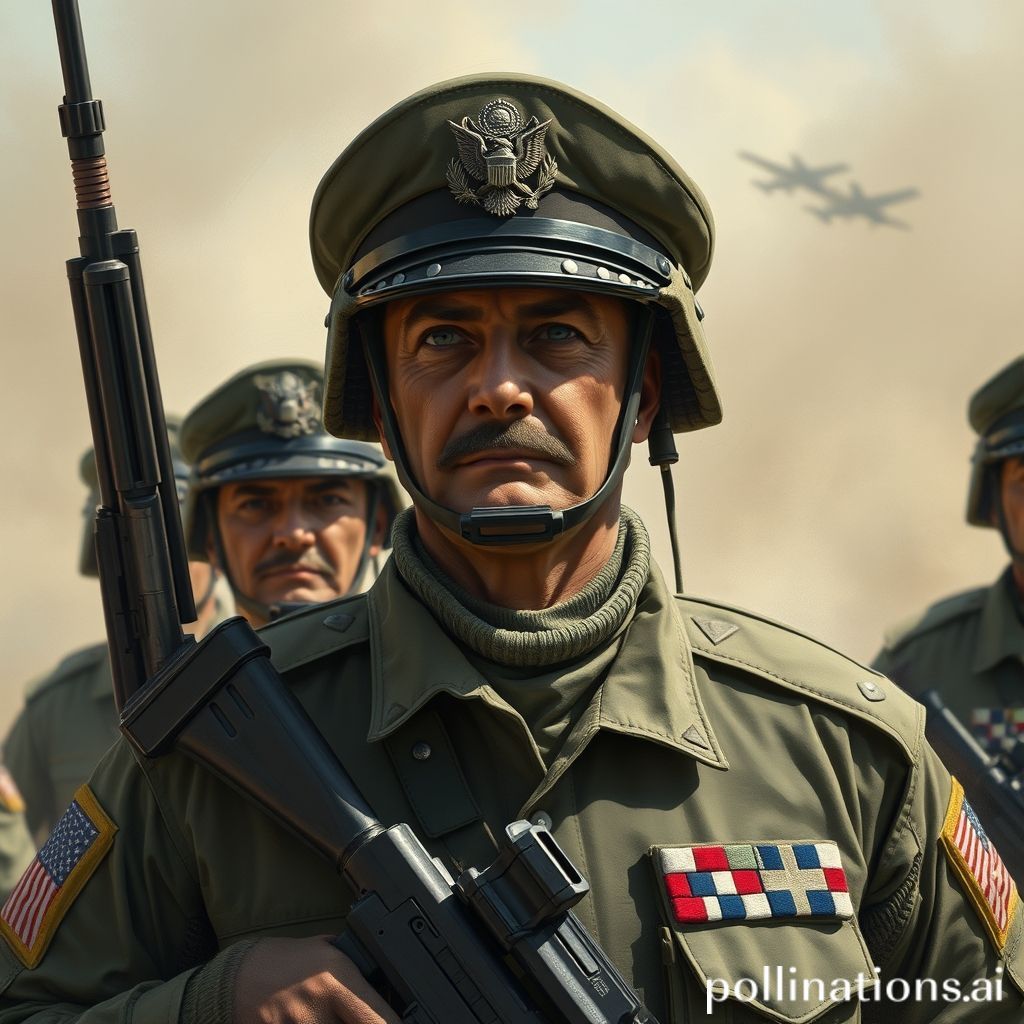Kurilla warfare: Meet the general leading US military forces in the Middle East amid Iran conflict

Kurilla warfare: Meet the general leading US military forces in the Middle East amid Iran conflict
Kurilla Warfare: The General at the Helm in the Middle East
Hey everyone, ever wonder who s calling the shots behind the scenes when it comes to US military strategy in the Middle East? In a region simmering with tensions, particularly with Iran, having a steady hand at the wheel is crucial. Today, we're diving into the world of General Michael Erik Kurilla, the commander of US Central Command, or CENTCOM, and exploring his approach to navigating the complex landscape.
Who is General Kurilla? A Quick Look
General Kurilla isn't just another name on a military roster. He s a seasoned combat veteran with a deep understanding of the intricacies of modern warfare. Graduating from the United States Military Academy at West Point, he's spent his career in operational command. That s a vital component when you consider the challenges CENTCOM faces daily.
CENTCOM: More Than Just a Command
Before we delve deeper into General Kurilla s strategy, let's quickly recap what CENTCOM actually is. CENTCOM s area of responsibility spans a vast and strategically vital region, including countries in the Middle East, parts of Africa, and Central Asia. It's tasked with promoting stability, deterring aggression, and protecting US interests. Think of it as the US military's primary forward operating base for a large swathe of the globe.
Kurilla's Approach: A Focus on Deterrence and Partnerships
So, what makes General Kurilla s leadership unique? From all indications, he prioritizes two key pillars: deterrence and building strong partnerships. He understands that direct confrontation is rarely the ideal solution, especially when dealing with a complex and multifaceted threat like Iran.
Deterrence, in this context, means maintaining a credible military presence that discourages Iran from aggressive actions. This involves deploying advanced military assets, conducting joint exercises with regional allies, and making it clear that any hostile action will be met with a swift and decisive response.
The second pillar, partnerships, is equally important. General Kurilla actively works to strengthen alliances with countries like Israel, Saudi Arabia, Jordan, and the UAE. By fostering cooperation and sharing intelligence, these partnerships enhance regional security and create a united front against destabilizing forces.
Iran: The Central Challenge
There s no getting around the fact that Iran remains a central challenge for CENTCOM. The Iranian regime's support for proxy groups, its ballistic missile program, and its nuclear ambitions continue to raise concerns. General Kurilla understands that dealing with Iran requires a nuanced approach. It's not just about military might; it's also about diplomacy, economic pressure, and countering Iranian influence in the region.
Comparing Approaches: Past vs. Present
It's interesting to compare General Kurilla's approach with those of his predecessors. While every commander faces unique circumstances, there has been a general shift towards a more partnership focused strategy in recent years.
| Feature | Previous Commanders (General Trend) | General Kurilla |
||||
| Primary Focus | Direct Military Intervention | Deterrence & Partnerships |
| Ally Engagement | Primarily US-Led Operations | Collaborative Operations |
| Iran Strategy | Containment through Force | Nuanced, Multi-faceted |
This shift reflects a growing recognition that lasting stability in the Middle East requires regional ownership and collaborative solutions.
Beyond the Battlefield: Humanitarian Efforts
It s also worth noting that CENTCOM, under General Kurilla's leadership, plays a significant role in humanitarian efforts. From disaster relief to providing medical assistance, CENTCOM works to alleviate suffering and build goodwill in the region. This is an often-overlooked aspect of military operations but a critical component of building lasting relationships.
What Does the Future Hold?
Looking ahead, the challenges facing CENTCOM are likely to remain complex and multifaceted. The rise of new technologies, the changing geopolitical landscape, and the ongoing threat of terrorism will require constant adaptation and innovation. General Kurilla's emphasis on deterrence, partnerships, and a nuanced approach to Iran seems well-suited to navigating these challenges.
A Personal Reflection
Following General Kurilla s career and leadership style gives me a sense of guarded optimism. It's reassuring to see a commander who understands the importance of collaboration and diplomacy in addition to military strength. The Middle East is a region that demands more than just brute force; it requires careful consideration, strategic thinking, and a genuine commitment to building lasting peace. While challenges undoubtedly remain, General Kurilla's leadership offers a glimmer of hope for a more stable and secure future.
Sources:
US Central Command Official Website
Various news articles from reputable sources like the New York Times, Wall Street Journal, and Washington Post regarding CENTCOM operations and General Kurilla's statements.
Think tank reports from organizations such as the Institute for the Study of War and the Center for Strategic and International Studies.
Comments
Post a Comment